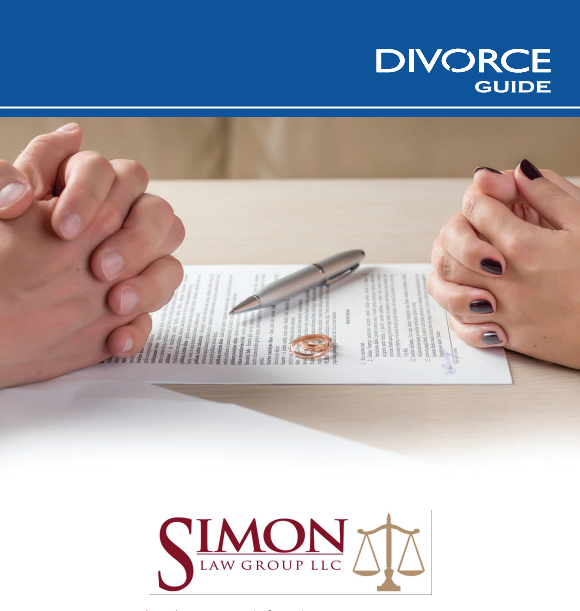Divorce-Related Personal Injury Claims
When victimized by an act of domestic violence, you may be able to file an action against your spouse known in New Jersey as a Tevis claim during your Divorce case. There are many significant advantages to bringing a Tevis claim as part of your divorce lawsuit.
For example, you may be able to sue your husband for monetary damages for pain and suffering, compensatory damages for any money you had to put up as a consequence of your spouse's attack, and potentially, punitive damages.
You may use the Tevis claim as a negotiating tool in your divorce case, agreeing to dismiss it in return for a greater portion of equitable distribution. While there are several advantages to filing a Tevis claim, there are also some disadvantages. For example, you'd have to show both bodily and mental harm, which can be proven through medical data. Depending on the severity of your physical injuries, you may need to hire a medical practitioner to testify on your side, which may be somewhat costly.
If you want to pursue emotional damages as well, you'll almost certainly need to hire an expert to testify about the emotional effect the assault had (or continues to have) on you, which can cost several thousand dollars. If the matter proceeds to trial, experts will be compensated for their testimony with an extra fee. If you're claiming emotional harm, your own treatment records may also be reviewed.
In addition to the expense of hiring an expert to establish damages, pursuing a personal injury claim as part of a divorce can be expected to raise your attorney's costs since you'd be dealing with both the personal injury claim as well as the divorce lawsuit.
Important Points to Keep in Mind When Filing a Tevis Claim:
Due to the Entire Controversy Doctrine, a Tevis claim must be made in your divorce suit. Because the whole dispute concept compels you to file all claims in one action, if you do not mention the Tevis claim in your divorce case, you'd likely be prohibited from filing a personal injury claim against your husband after the divorce is finalized.
Prosecuting the Tevis claim within the divorce case would entail a more detailed Case Management Order and deadlines for an Independent Medical Evaluation that you must complete. Likewise, separate interrogatories and demands for production of documents that are solely related to the Tevis claim would need to be drafted and produced, among others. Following negotiations with your spouse's attorney, if the Tevis claim is dismissed, the divorce case would be refocused on questions of fair distribution, alimony, and child support, as well as any other arrangements or agreements you decide on.
That said, because Tevis claims are heard in front of the same judge as your divorce case, this may work out in your favor since this single judge would be privy to not just all of the problems in the divorce, but also the facts surrounding your Personal Injury claim and the outcome of the equitable distribution agreement. Based on this one judge's understanding of equitable asset allocation, he or she would be in a better position to determine the appropriate judgment for any monetary damages.
If you're considering filing a Personal Injury claim against your spouse and you want it included in your Divorce, contact us today for a free and confidential consultation at 800-709-1131 or fill out the form below








